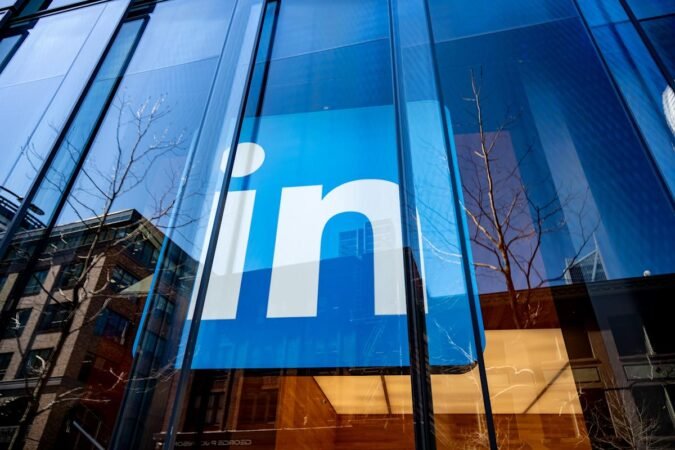Summary Points
-
Language Change: LinkedIn revised its hateful content policy, removing specific protections against misgendering and deadnaming transgender individuals for the first time in three years.
-
Alarming Interpretation: Advocacy groups like GLAAD view this update as a rollback of vital protections for LGBTQ individuals and part of a troubling trend among tech companies.
-
Company Response: LinkedIn maintains that its commitment to prohibiting harassment based on gender identity remains intact, despite the revised wording in the policy.
- Industry Context: This policy shift aligns with similar changes at other platforms such as Meta and YouTube, raising concerns about the erosion of protections for vulnerable user groups across social media.
The Policy Change and Its Implications
This week, LinkedIn adjusted its hateful content policy, removing specific language that addressed misgendering and deadnaming of transgender individuals. This marks the first alteration in three years, as noted in the company’s changelog. Advocacy groups quickly pointed out that this seems to roll back crucial protections for transgender users. They interpreted the change as indicative of a trend among tech platforms to weaken safeguards for vulnerable communities. As a result, organizations like GLAAD expressed their alarm, emphasizing that such a decision could endanger user safety.
On the other hand, LinkedIn maintains that its core rules remain unchanged. A spokesperson reiterated that personal attacks based on gender identity continue to violate their harassment policy. Yet, the absence of clear terminology raises questions. Does this shift truly reflect a commitment to inclusivity, or does it indicate a concerning response to external pressures? While the platform claims it will uphold the rights of all users, it seems essential to scrutinize how definitions evolve over time.
The Broader Context and Future Considerations
This update appears to align with recent policy changes from other tech giants. Earlier this year, platforms like Meta and YouTube also modified their rules, creating similar concerns. Critics argue this trend can embolden discriminatory practices under the guise of normalization. The implications are significant, as these platforms exert considerable influence over public discourse and individual identity representation.
Furthermore, the advancement of inclusive practices has been slow and often inconsistent. Therefore, it is crucial to advocate for clear and comprehensive protections for marginalized communities in digital spaces. Ensuring safe environments online contributes to the broader human journey of understanding and acceptance. Thoughtful engagement with these issues can chart a more inclusive future. As society grapples with identity and expression, tech companies must commit to positive change rather than backtracking.
Continue Your Tech Journey
Explore the future of technology with our detailed insights on Artificial Intelligence.
Stay inspired by the vast knowledge available on Wikipedia.
TechV1

